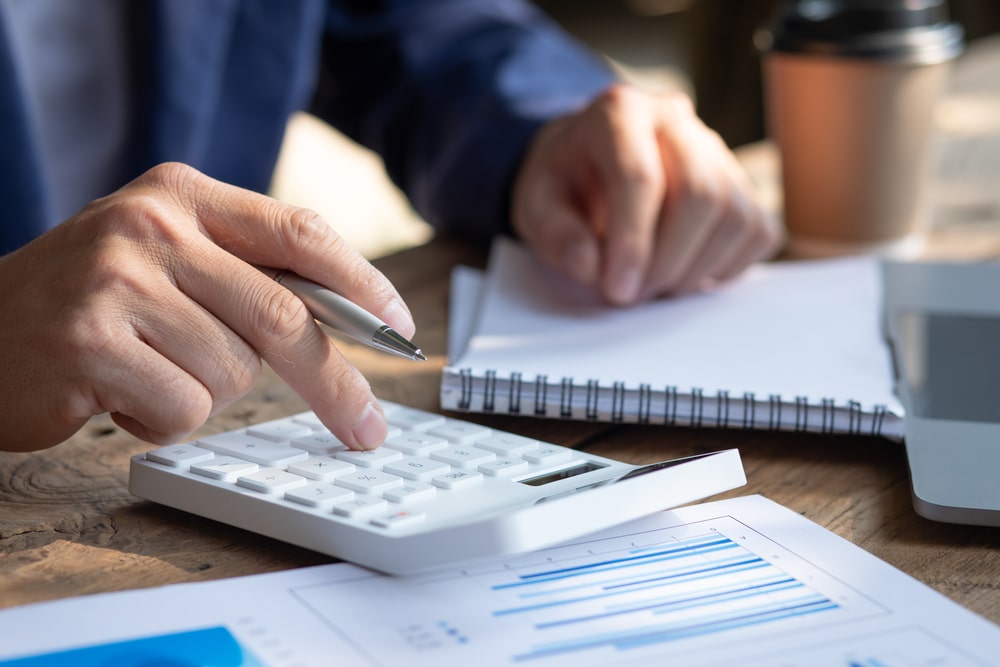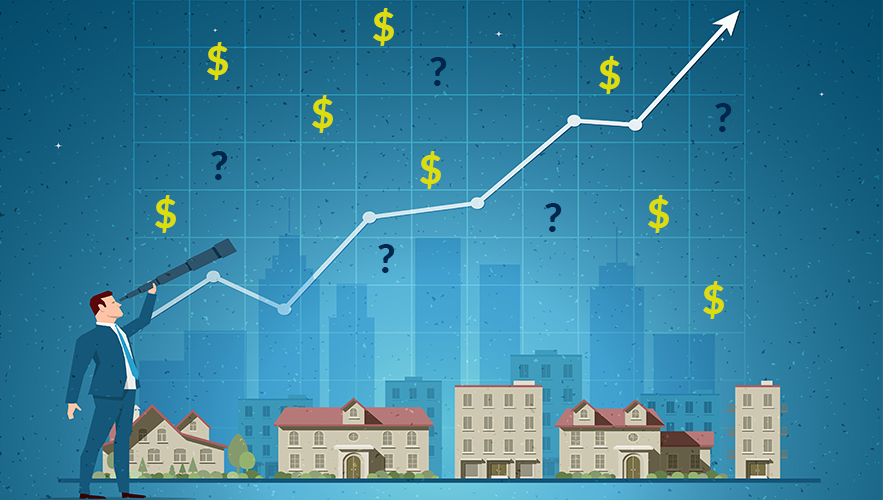
Are you looking for a perfect and worthy property for yourself and your family? If yes, commercial property valuation is the method that will help you out. This method is like a compass in the real estate market to find the best property for every purpose.
Valuing a commercial property is essential for making informed buying or selling decisions in the real estate market. In this guide, I’ll explain the ins and outs of commercial property valuation, offering tips and influential factors to help you find the right property.
What is Commercial Property Valuation?
Commercial property valuation indicates the monetary value of a commercial property, which includes office buildings, retail spaces, and similar properties. Commercial real estate properties are valued based on many factors, including location, size, and especially income-generating potential.
Understanding property valuation helps stakeholders negotiate effectively and maximize their investment returns.
Top 6 Methods of Commercial Property Valuation

There are different methods of valuing a commercial property, which are important in finding the best deal in the market. Among them, 6 methods of commercial property valuation are:
● Income approach
● Discounted cash flow
● Gross rent multiplier
● Cost approach
● Sales comparison approach
● Price per square foot approach
Income Approach
This method evaluates the property’s value based on its income-generating potential. It considers the property’s Net Operating Income (NOI) divided by the Capitalization Rate (Cap Rate) to estimate its value.
Discounted Cash Flow (DCF)
DCF analysis estimates the property’s future income and expenses, considering factors like vacancy rates, rental growth, and operating costs. It discounts future cash flow to its present value using a discount rate.
Gross Rent Multiplier(GRM)
The GRM method evaluates the property value by multiplying its gross annual rental income by a predetermined gross rent multiplier derived from recent sales data of similar properties in the area. This method, however, is mainly used as a preliminary tool to conduct further comprehensive analysis.
Cost Approach

The cost approach estimates the property’s value by considering the land value and replacement cost minus depreciation. It ensures that the property’s value does not exceed the cost of building a similar one.
Sales Comparison Approach
This method estimates the property’s value by comparing it to similar ones recently sold in the area. It relies on data from comparable sales to determine the property’s fair market value.
Price Per Square Foot Approach
This method evaluates the rental value of commercial properties by dividing the total annual rent by the total rentable square footage. It helps landlords, tenants, and real estate professionals compare rental rates across different properties.
Things To Consider For Commercial Property Valuation

Before purchasing a property, you need things to consider for the valuation process:
Research Comparable Sales
The market prices of specific properties are dependent majorly on their sales. Find recent sales of similar commercial properties nearby to understand the actual value of the space.
Understand Income Potential
You need to determine the amount of money the property makes to understand its income potential. For that, look at the property to see its condition and location and see if anything could be improved to increase its value.
Consider Operating Expenses
Operating expenses have a large impact on commercial property valuation. You need to consider all the costs to run the property, including maintenance, utilities, and taxes, to figure out the amount of money left after paying expenses.
Consult Professionals
Before purchasing a property or conducting an accurate valuation, get advice from experts like real estate appraisers. They can help you understand the actual worth of the real estate appraisal.
Factors Influencing Commercial Property Valuation

For commercial property, the valuation is changeable depending on a few factors. These factors are:
● Location
● Property size and condition
● Comparing sales
● Cap rate
● Market dynamics
Location
The location of a commercial property has a significant impact on its value. Properties in prime locations accessible to important roads, major highways, airports, etc., are in high demand and typically command higher prices.
Property Size and Condition
The size and condition of a commercial property play a crucial role in its valuation. Well-maintained properties with maximum space are more valuable in the market than those in poor condition or with limited space.
Comparing Sales
When a similar property sells in the same area, it acts as a guide for figuring out its actual worth in the market. Basically, the value of any commercial property depends a lot on recent sales of nearby similar properties.
Cap Rate
The cap rate represents the return an investor could expect if they bought a property outright with cash. A lower cap rate suggests lower risk, thus commanding a higher price. Conversely, a higher cap rate indicates higher risk, leading to a lower purchase price for investors.
Market Dynamics
Market dynamics such as supply and demand, economic trends, and interest rates can influence the value of commercial properties. A strong market with high demand can drive up property values.
How Commercial Property Valuation Benefits Stakeholders

Whenever you choose to buy any commercial real estate property, the valuation process can help in different ways.
Buyers and Sellers
Generally, buyers benefit from understanding a commercial property’s actual value. This helps them ensure a wise investment at a fair price. On the other hand, sellers can use valuation to set the best listing price of the property to maximize their profits.
Investors
Investors rely on commercial property valuations to understand the income-generating potential of any property. This helps them make smart choices about buying or selling a property for the right amount.
Lenders
Lenders use property valuations to understand the risk of financing commercial real estate deals. Accurate valuations keep them safe and help them make profitable lending decisions.
Bottom Line
Commercial property valuation is essential in influencing decision-making for buying, selling or investing in properties. The valuation allows stakeholders to understand the real estate market and ensure optimal outcomes.Understanding the factors that influence property value is important. It helps investors make smart decisions and ensures steady growth and profits in the commercial real estate sector.
